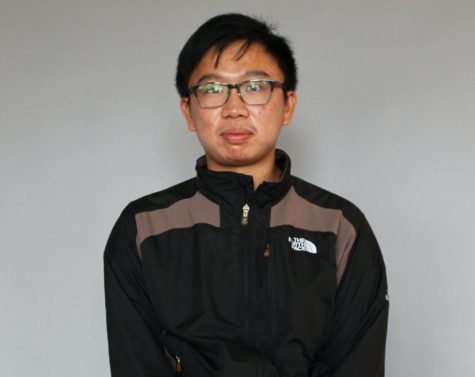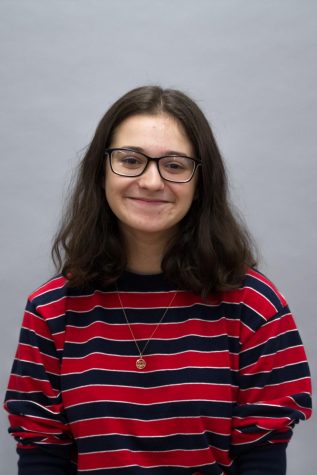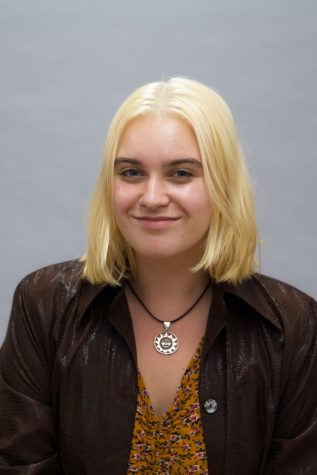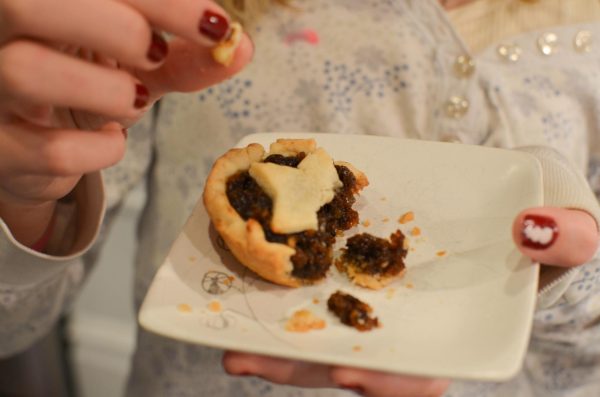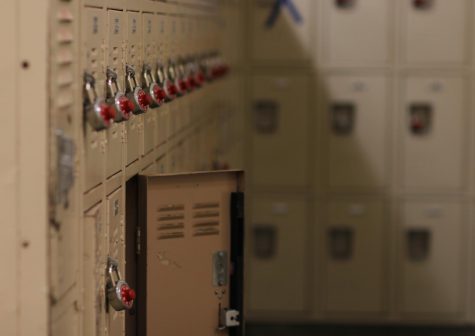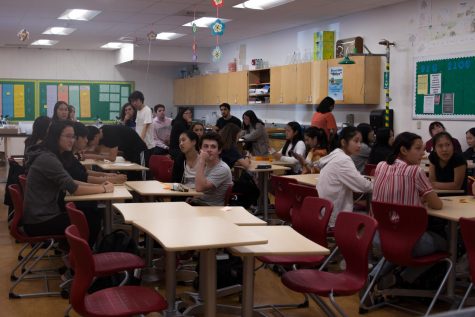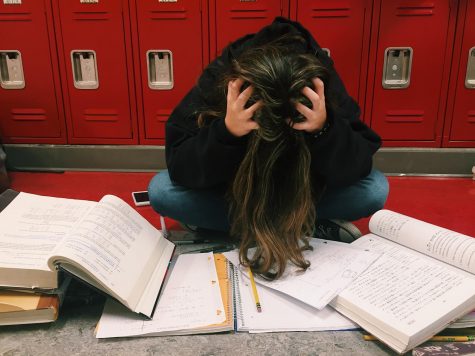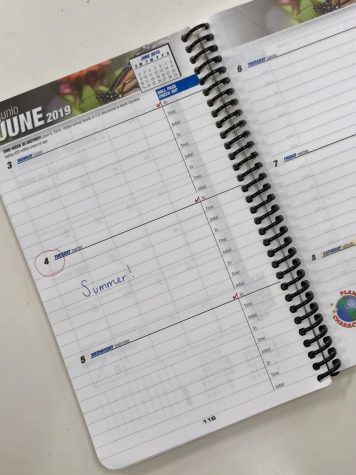Founders of four new student clubs give the 411 on their ventures
Criminal Investigative Forensics Club
Sophomore Sabrina Cheng started the Criminal Investigative Forensics Club (CIF) this school year to better educate students about forensic science, which she describes as “using science to solve crimes.” The club is more focused towards solving crimes and won’t involve debating. Cheng decided to found this club after discovering the lack of opportunities at Lowell surrounding the subject of investigative forensics. By starting this club, she hopes that members will become more knowledgeable and interested in what forensics has to offer for a future career. CIF meets every Thursday in room 114 at 3:45 p.m.
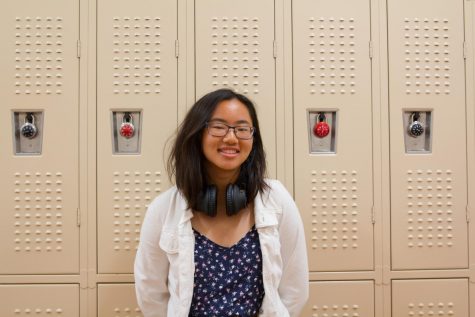
Can you describe what your club is?
My club is Criminal Investigative Forensics and essentially we dive deeper into forensics and destigmatize jobs in the forensics field.
Could you elaborate on what you mean by destigmatizing forensics?
Most things you see about forensics are on crime shows and not a lot of people understand the different fields and jobs within forensics; there’s more to it than detective work, like the behind the scenes crime lab stuff. We’re diving deeper into the more scientific aspects.
Would you say that you started the club to help develop skills in a career you would possibly like to pursue in the future?
Yes, but I also figured a lot of people don’t know the different fields within forensics. I also heard from a couple of professionals I’ve spoken to that not a lot of kids are interested in forensics because they don’t know much about it.
Could you elaborate on how you have planned your initiative?
We wanted to go through most aspects of the fields that help in solving a specific crime. Every year, we’re going to do a different murder case. We’re going to have people go through the different steps: what the investigators do when they come in, what the police do to find evidence, and the different laws and courts that come up in solving a crime.
Do you have any personal goals as a club officer?
My goal is to make my club as interactive as possible so that it will be interesting to everyone, even if they don’t have the strongest hankering for science. I would also like to learn to rely on people more because I’m used to doing projects on my own.
What are some of your club goals?
Hopefully, by the end of the year, we will be able to take a tour of SF crime labs, but also have more professionals involved in the club from around the city.
What is something you’re hoping members will take away from your club?
A deeper interest in forensics or just having fun in my club. It sounds extremely serious and very hardcore, but honestly, I’m just trying to give more information to students and present it in a way that isn’t overbearing.
Game Theory Club
After watching a TED Talk discussing how the brain works, junior Alex Kuang was inspired to start the Game Theory Club to help Lowell students learn how to solve problems using logic. Kuang thinks that students at Lowell lack the ability to think logically and deeply when solving problems. He is therefore hoping to educate students about logical problem solving through hands-on teaching using real-life situations. Game Theory Club meets every other Thursday in room at 3:45 p.m in S104.
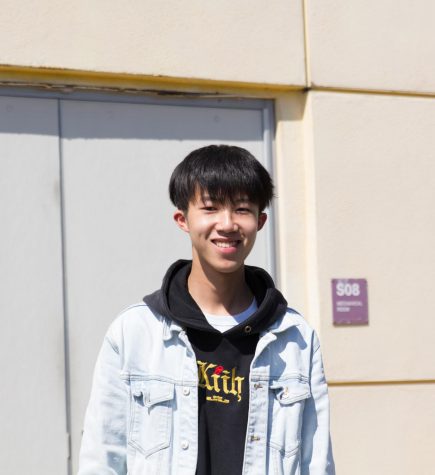
Can you describe what your club is?
Every meeting, we’re going to come up with problems related to logic—some game theory, and other interesting problems, like gambling. For example, “Why are you always losing?” We’re going to try to explain the things behind it.
How will you teach people your lessons?
I will use some real stuff, like coins and money, hands-on teaching, not lecturing or writing on the board, but using real materials to teach them.
Do you think these concepts can be applied to students’ experiences in school?
I think that logic and common sense can really help you in your daily life, not just in school. These are common skills. You can use them anytime. They can help you do other stuff and expand from there.
What is something you’re hoping members will take away from your club?
One of my teachers taught me that learning is done through hands-on experiences and not in the textbooks. I want club members to learn something that isn’t in their textbooks.
Muslim Student Association
When juniors Juwairya Shaikh and Hadiqah Syed first came to Lowell, they saw the potential to form a community for Muslim students attending the school. This year, they started the Muslim Student Assocation (MSA) with the goals of uniting Muslims and informing students—both Muslim and non-Muslim—about the Islamic religion and culture. MSA meets every Monday at 3:45 p.m. in room 251.
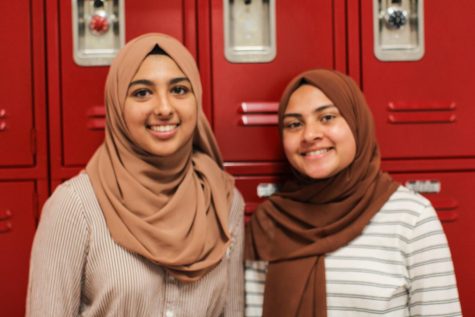
Why did you start this club?
Shaikh: We started this club because when we first came to Lowell, there wasn’t an MSA and seeing how many Muslim students there actually are at Lowell, we felt it was something that we should start so that the community can be united.
Syed: When I first got here, I recognized like five Hijabis that went to Lowell and I felt like maybe we could build a community here.
Shaikh: Adding on to that, we have a lot of new Muslim freshmen this year, so we feel it would be a community to help them.
How do you plan on encouraging inclusion within in the club, especially for people who are not Muslim?
Shaikh: We want to make sure it’s a safe space. You don’t have to be Muslim in order to join. Any race and religion is accepted. Even if you’re somebody who doesn’t have many friends and wants to meet somebody new, you could join the club. If we’re doing something that’s religion-based, we’ll make sure the members know about it, and ask if they’re comfortable with that.
Syed: I think it will be mostly a place where we can inform people of what our religion does. We’re trying to make a community where everyone feels welcome.
What are some of your club goals?
Shaikh: One of our main goals is definitely to spread awareness about Islam, along with making our club a safe space and a community to meet other people.
Syed: I think also to confront Islamophobia in our world today and talk a little about that.
How do you think your club can impact the school?
Syed: I think that there are a lot of misconceptions about Islam and what it stands for. I think that our club will have an impact on the school by creating a community at Lowell where we can bring awareness and more knowledge about what Islam actually is.
Shaikh: Adding on to what she said, there’s a lot of kids nowadays who have questions about Islam given what’s going on in the news. Sometimes you don’t know where to go to get answers.
Syed: That is especially important. I think we can be a place where we solve a lot of misconceptions for a lot of kids.
What is something you’re hoping members will take away from your club?
Shaikh: We’re hoping to show that just because someone is from another religion, that doesn’t mean you cant be friends with them.
Syed: It’s not a place where anyone can judge how you’re practicing your faith, not how you’re doing this or that. It’s just a place that you go to for the community.
Webtoons Club
Seniors Sydney Yap and Ellis Urquiaga first met and became friends over their shared passion for the digital online comics known as webtoons. Now, hoping to provide other students with the same opportunity to share their love for the online stories and to bond over them, Yap and Urquiaga have founded the Webtoons Club. Webtoons Club meets every other Friday at 3:45 p.m. in room S201.
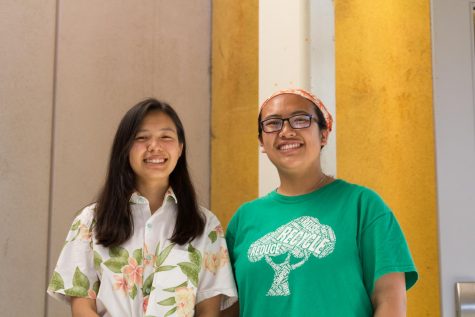
Why did you start the club?
Yap: We wanted to make the club to allow students to get together and to share their passions for the webtoons. You feel like not many people read comics, but once you find somebody else that shares that passion…
Urquiaga: You can really bond.
What are some of your personal goals as club officers?
Urquiaga: I want to make sure that everybody feels included. I know I’ve gone to clubs and felt like I was alone and I didn’t have many friends in it. That’s why I hope everyone can be a part of it in some way.
What is something you’re looking forward to in starting a new club?
Yap: I guess finding people with the same passion. Once you get to meet everybody, you can hype each other up to do something big.
Urquiaga: I guess meeting new people, like how I met Sydney. It was really nice thing to be able to bond over something that I enjoyed and something that I didn’t really think people knew about. I also got to find a lot more comics that way.
How do you plan to help students who may not be as familiar with webtoons feel included?
Urquiaga: I think one of the things we’re planning to do is to create a Google Form to get everyone’s recommended webtoons for a particular genre. If you’re into that particular genre, then you can choose to read some of those stories. That way, at least from my experience, once you start reading them, it’s pretty easy to bond over them.
Yap: If it floats your boat, awesome. If it doesn’t, then there’s tons and tons of stories and people read multiple genres, so you can still bond over them.
How do you think your club can impact the school?
Yap: I think it’s really great to have a community where you can get really excited over something and want to create something in light of that excitement.
Urquiaga: School can be pretty stressful. I know I don’t have a lot of time to read webtoons and to enjoy the things I love. The club will make out that special time to force you to take that time for yourself.
What is something you’re hoping members will take away from your club?
Yap: I’m hoping that they will develop better collaboration and communication skills with people. Usually people don’t like talking with other people, but this group is really based off of talking with each other. When you talk with other people, you build better dynamics, so I guess talking in the club with other people can make you better in life when you’re put in groups.
Urquiaga: I guess the same for me. I’m pretty socially awkward in general, but then when I was able to bond over webtoons with Sydney, she opened a whole new bubble. I hope that it will help us build better communications skills and to enjoy the things we love.
